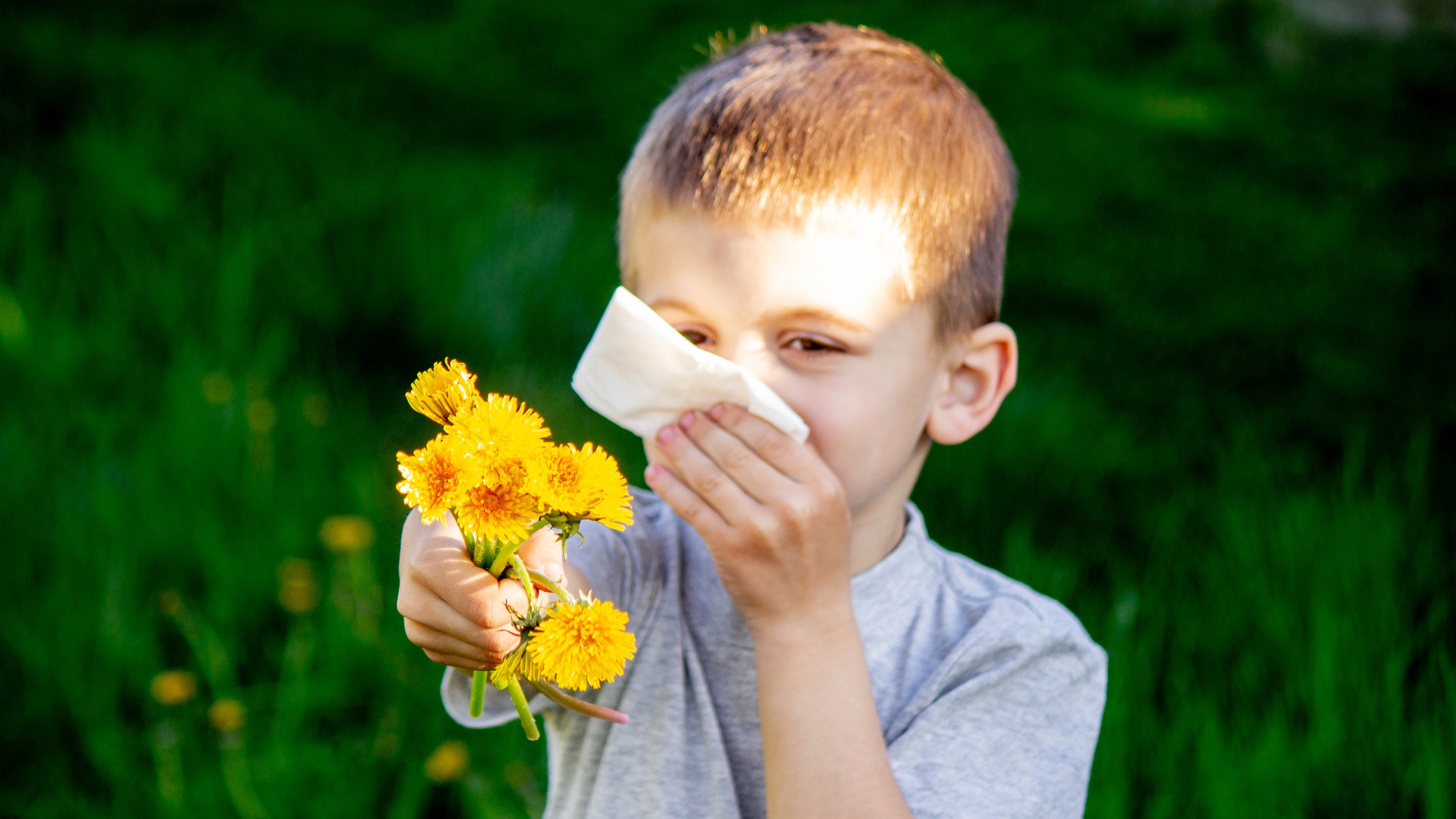
Be Ready for an Early Pollen Surge: Hay Fever Warnings for 2025
As the mild weather heralds the approach of early spring, hay fever sufferers need to brace themselves for a challenging season ahead. According to Max Wiseberg, an expert on airborne allergens, the gentle warmth of February has already triggered an insightful sign: alder trees are beginning to pollinate much earlier than usual. This phenomenon could result in an early peak of pollen, primarily birch pollen, notorious for exacerbating hay fever symptoms.
Understanding Hay Fever: Symptoms and Risks
Hay fever, medically known as allergic rhinitis, often leads to a myriad of unpleasant symptoms, from sneezing fits to runny noses and itchy, watery eyes. Currently, it affects about 40 to 60 million people in the United States alone. Many may not be aware that a slight change in weather can significantly influence their health battles. As pollen counts rise earlier, so too do the potential risks of experiencing debilitating hay fever symptoms, which can lead to fatigue and sleep disturbances, further impacting one's lifestyle.
Preparation is Key: Effective Strategies to Tackle Early Pollen
Wiseberg offers practical tips to alleviate the onset of hay fever symptoms:
Grooming Adjustments: Tying long hair up and wearing hats can prevent pollen from nesting in hair. Wearing wraparound sunglasses can shield eyes from incoming allergens.
Barrier Balm: The use of allergen barrier balms, like HayMax, can help trap pollen before it enters the body. This product has shown effective results, capturing a significant amount of pollen.
Immediate Cleanliness: Washing your face and showering upon returning indoors can wash away any pollen clinging to your skin and hair, providing instant relief.
Home Maintenance: Keeping doors and windows shut can limit pollen ingress. Regular vacuuming and damp dusting within your living space will minimize pollen exposure.
Clothing Precautions: Opt for drying clothes indoors to avoid outdoor pollen being absorbed into fabrics.
Physical and Mental Well-being: A Holistic Approach
Hay fever doesn't just affect physically; it can also drain mental energy and disrupt sleep patterns. Ensuring adequate exercise and managing stress are crucial. Early mornings and late evenings are often peak pollen times, and avoiding outdoor activities during these hours can help maintain well-being.
Furthermore, Wiseberg emphasizes the importance of self-care; prioritizing good sleep hygiene can help combat fatigue brought on by allergies. Having a regular shower at night and applying a barrier balm can enhance comfort and recovery.
What Can YOU Do? A Call to Action Against Pollens
Being proactive about your health is vital during this pollen season. Consider speaking with a healthcare provider about your symptoms and potential treatments if you find traditional over-the-counter solutions insufficient. Familiarizing yourself with the dietary and lifestyle changes that can support immune function can also provide long-term relief.
As the world of international health and wellness rapidly evolves, so must our strategies in handling allergies like hay fever. By understanding the trends in pollen peaks and adapting our behaviors, we not only safeguard our health but enhance our overall well-being, making the most out of every sunny day ahead.
Stay informed, stay prepared, and ensure that this allergy season does not compromise your quality of life!
 Add Row
Add Row  Add
Add 




 Add Row
Add Row  Add
Add 

Write A Comment